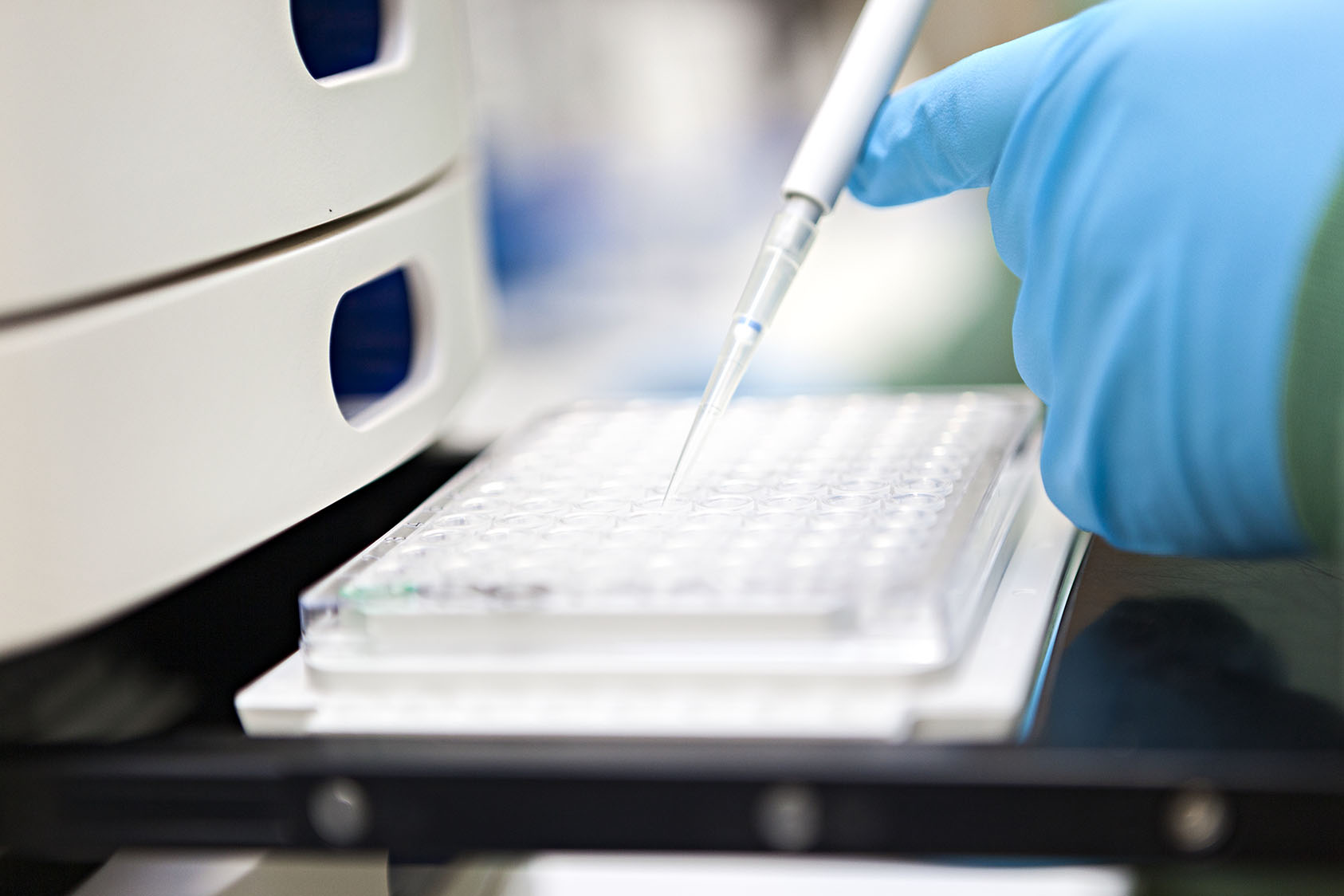
A collaboration has been initiated between Sweden’s clinical microbiology laboratories, SciLifeLab, Karolinska Institutet (KI) and the Public Health Agency of Sweden, to increase possibilities for testing of Covid-19 in Sweden.
A significant grant from Knut and Alice Wallenberg Foundation to Lars Engstrand, professor of infectious disease control and director of KI’s and SciLifeLab’s Centre for Translational Microbiome Research (CTMR), has enabled CTMR to scale up their operations at record speed in order to do Covid-19 testing on a national level. At full capacity, which is hoped to be reached by next week, the centre will be able to carry out 5,000 analysis per day. During the past two weeks, the analysis methods have been evaluated through approximately 2,000 clinical tests carried out in collaboration with Karolinska University Hospital. The expansion of testing for Covid-19 is aimed at relieving some of the burden on healthcare concerning the testing of healthcare professionals as well as targeted testing within the general public. A continuous prioritisation of who should be tested will be made in dialog with the Public Health Agency of Sweden – who as of the 31st of March have been tasked with coordinating all testing for Covid-19 in Sweden.
The analysis being set up at the CTMR laboratory are of the same type that are being conducted within hospital microbiology laboratories. Analysis will establish an ongoing infection of Sars-CoV-2. The initiative has been made possible through an existing collaboration with the BGI/MGI research institute in Shenzhen, China, securing access to analysis reagents and equipment for automated sample processing.
“A number of factors have enabled us to quickly shift our research focus to Covid-19 testing. Thanks to our collaboration with BGI/MGI we already have an instrument pipeline established which is suitable for coronavirus testing,” says Professor Lars Engstrand. “Via SciLifeLab we also have access to other equipment that we need in order to increase capacity. And we have a national network of infectious disease experts within the Swedish healthcare regions and at the Public Health Agency of Sweden that have worked together for a long time period on other issues. We’re ready to get going.”
An increased testing demands not only a high capacity for analysing samples but also a complete chain – from sample collection of the individual to each person receiving a result with corresponding information on its implications, for example, regarding the individual’s work situation.
“A bottle-neck that we’ve identified is how test results can be securely and effectively returned to the hospital systems and individuals,” says Per Sikora, coordinator at Genomic Medicine Centre at Sahlgrenska University Hospital in Gothenburg and co-chair of GMS’ microbiology group. “We have a long history of working with these types of IT systems and are also looking at how automated test results have been handled with other types of infectious diseases such as within chlamydia testing.”
A coordinating group, with representatives from clinical microbiology laboratories at all Swedish university hospitals, the Public Health Agency of Sweden, SciLifeLab and Genomic Medicine Sweden, has been appointed in order to coordinate Covid-19 testing at the CTMR laboratory. The group is led by Lars Engstrand and Per Sikora and coordinated through the GMS’ working group for microbiology.
The grant awarded to SciLifeLab and KI is part of a larger financial support from Knut and Alice Wallenberg Foundation for immediate coronavirus testing – for both clinical laboratories and research efforts. In parallel with work for increasing Covid-19 testing for healthcare workers and amongst the general public, work is also being carried out, under the coordination of SciLifeLab, with: gene sequencing of the virus’ whole genome in order to follow spread of infection; testing of Covid-19 patients for analysis of disease progression; development of antibody tests to ascertain if individuals have had Covid-19 infection or not; as well as the development of alternative testing methods.

